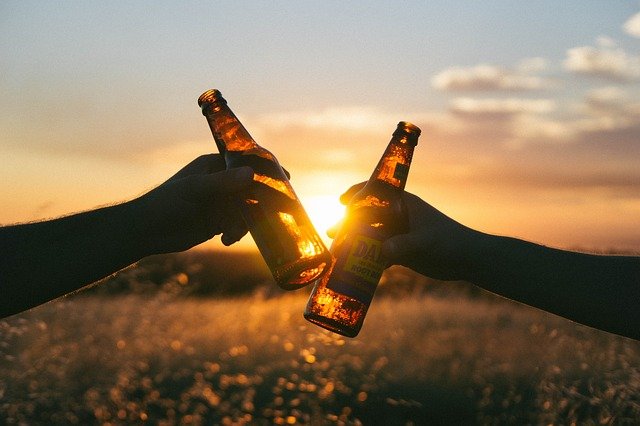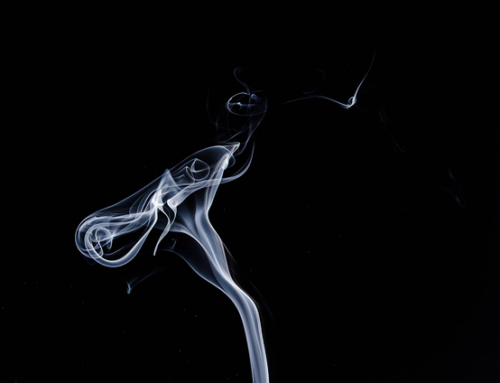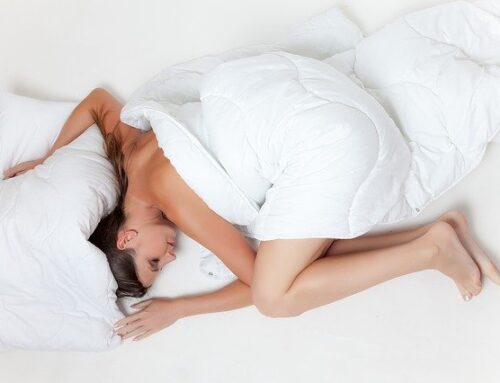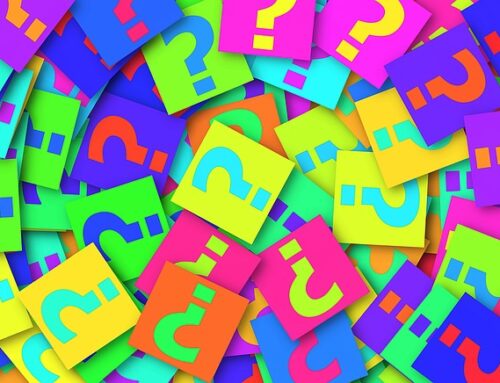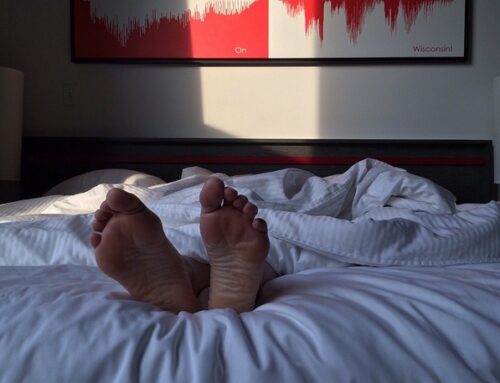With the pandemic, many of us have had a hard time falling asleep and staying asleep. There is a lot going on around us that contributes to the disruptions, but if you think drinking a glass of wine before bed will help, think again. Alcohol can make you feel drowsy and relaxed, which seems like a good combination, but it can actually cause complications. While alcohol might make you fall asleep faster, it can have an impact on your quantity and quality of sleep.
What’s the problem?
Drinking alcohol before bed can also throw off the body’s circadian rhythm, or biological clock. Sleep is disrupted on a night of overindulgence and it may produce a rebound effect on the quality of sleep in the nights that follow.
The consistent consumption of alcohol before bed can cause sleep problems or make existing ones worse. Alcohol can worsen snoring and abnormal breathing during sleep in people with obstructive sleep apnea. It can also increase symptoms in those suffering from restless leg syndrome.
While alcohol does not directly cause sleep apnea, it can cause weight gain and obesity, which are common risk factors for this condition. And for those with existing sleep apnea, it can exacerbate their condition. In the end, it prevents them from remembering to use their continuous positive airway pressure machine.
If you are suffering from sleep complications, it is important to contact us to learn more.


